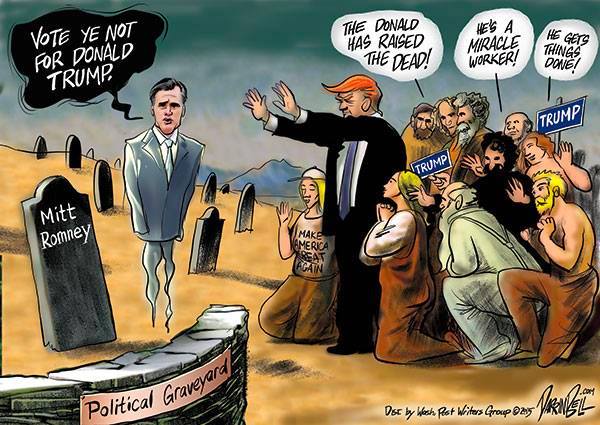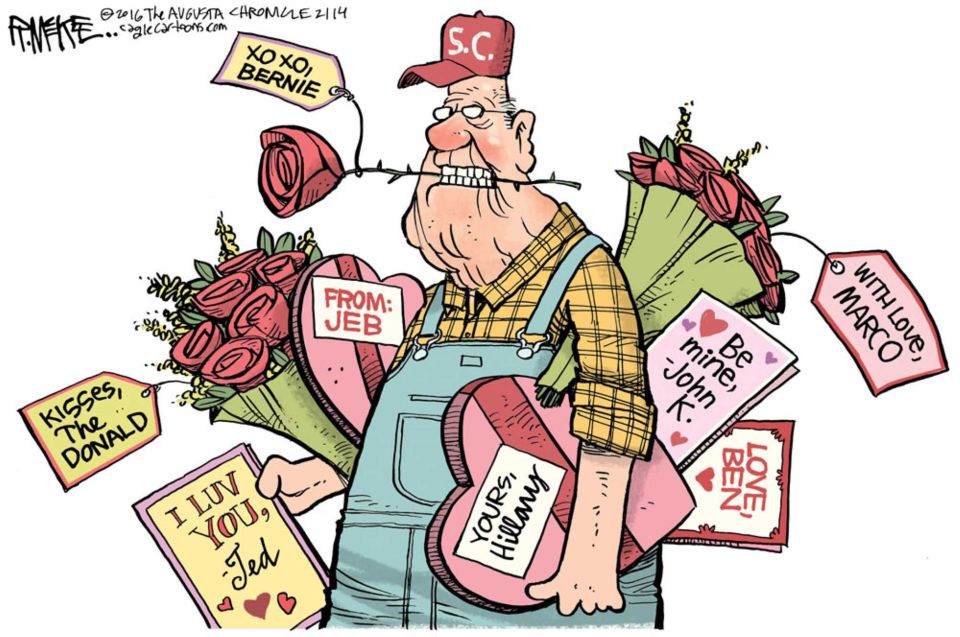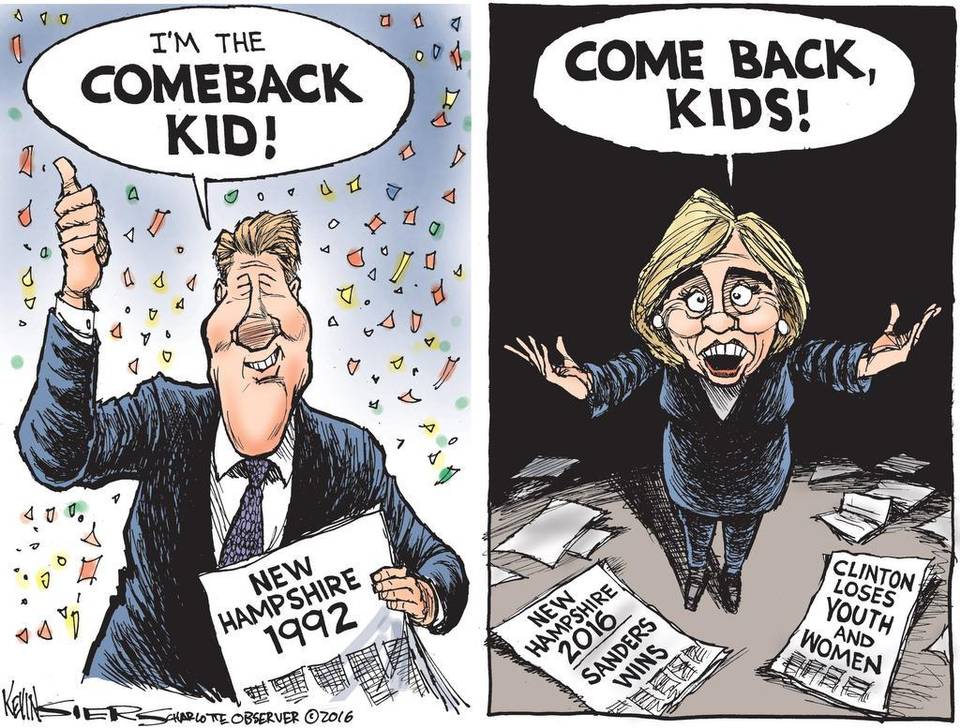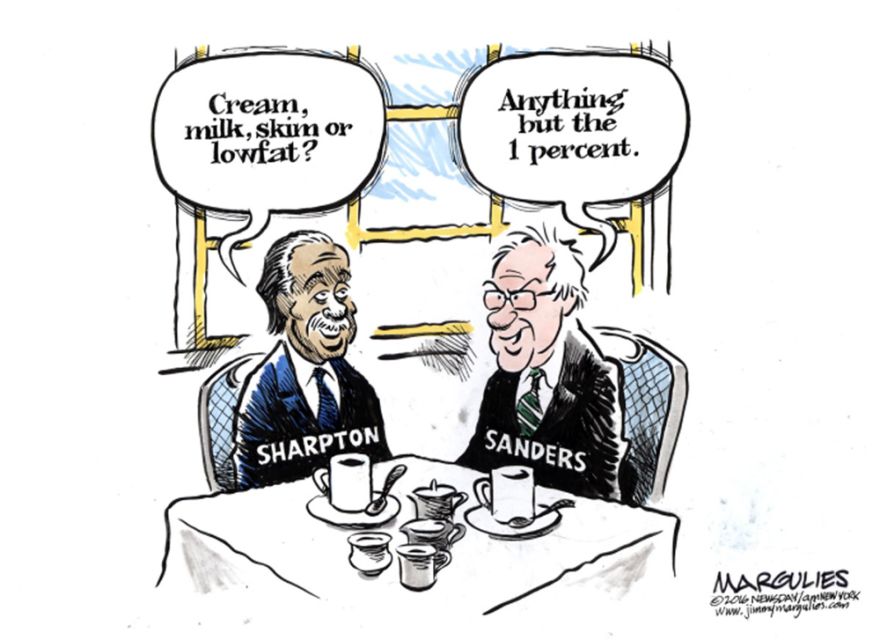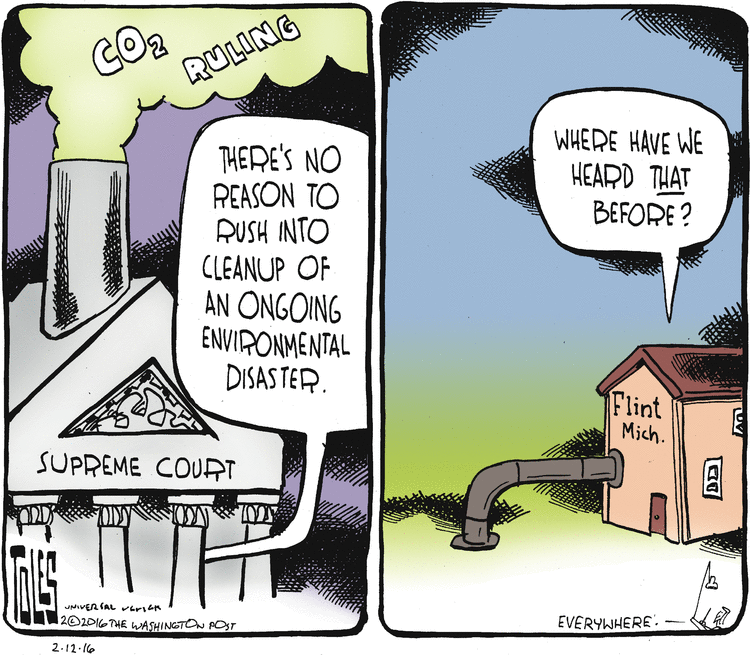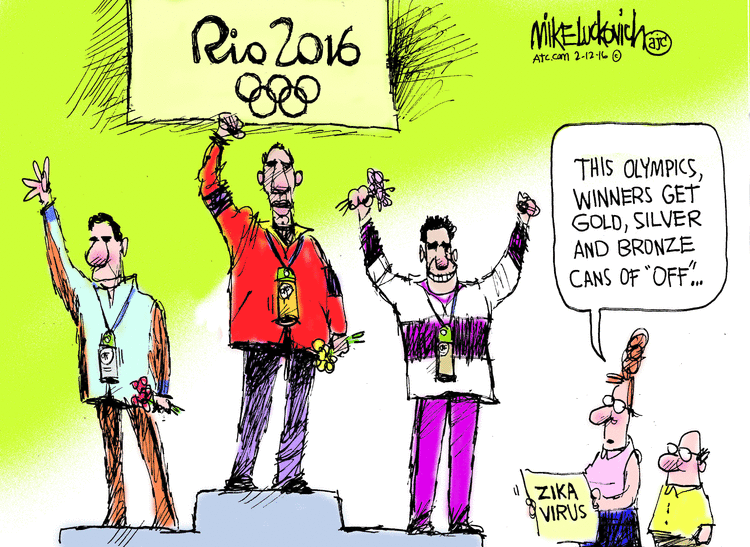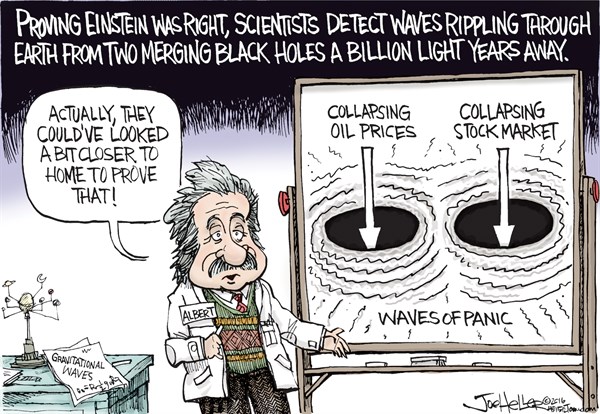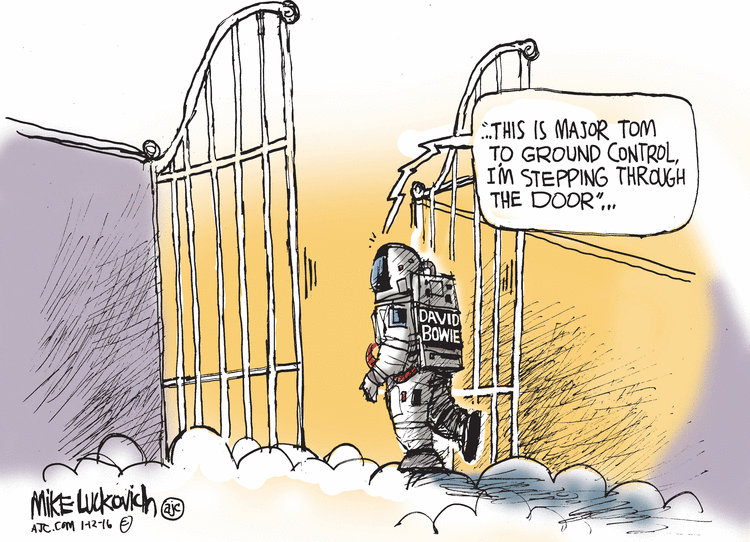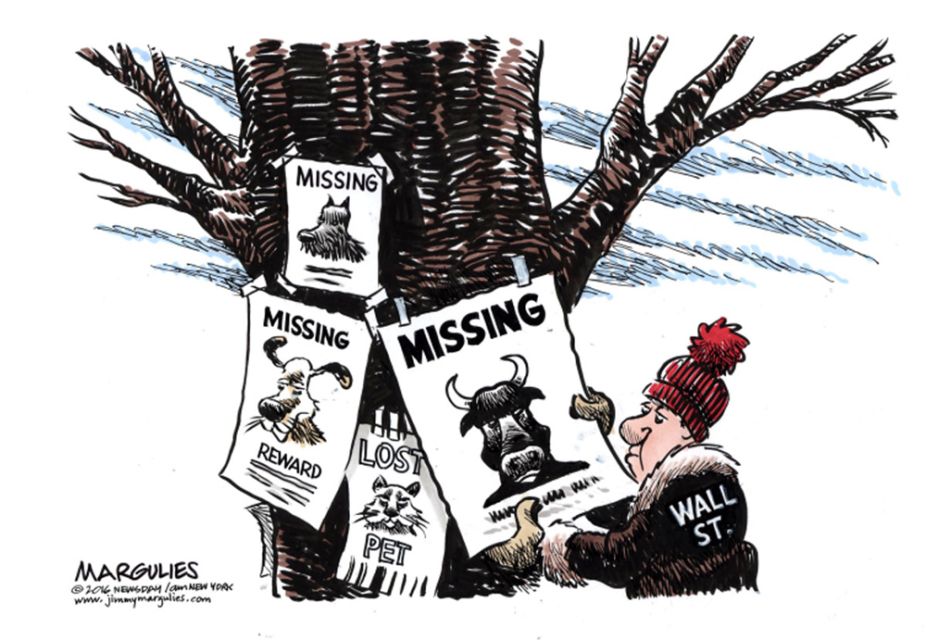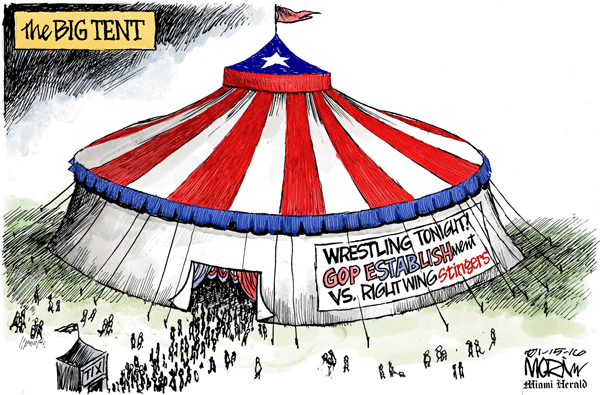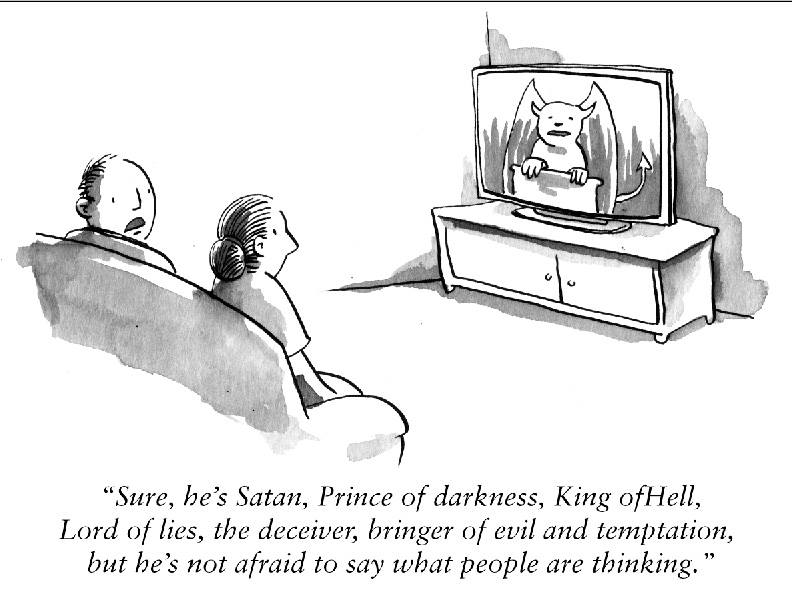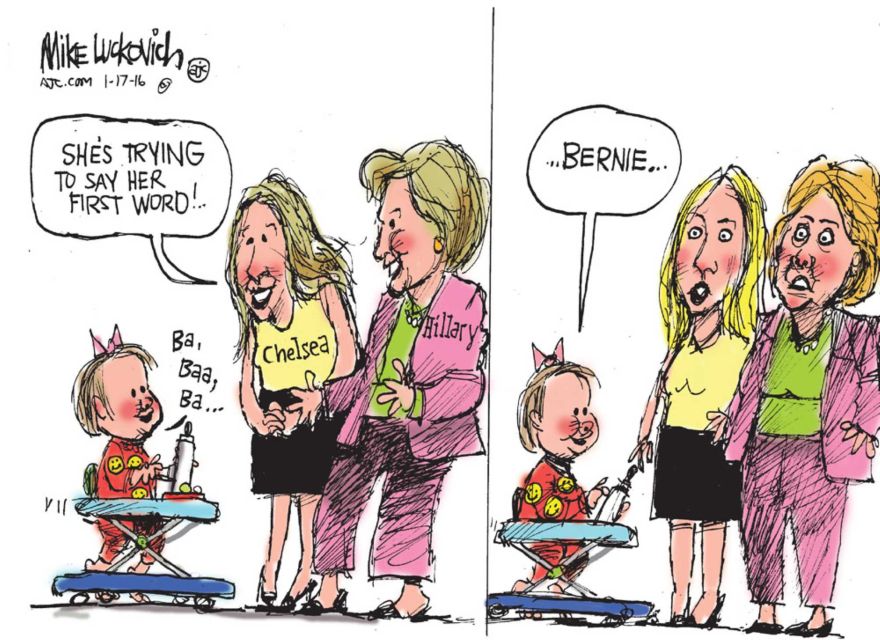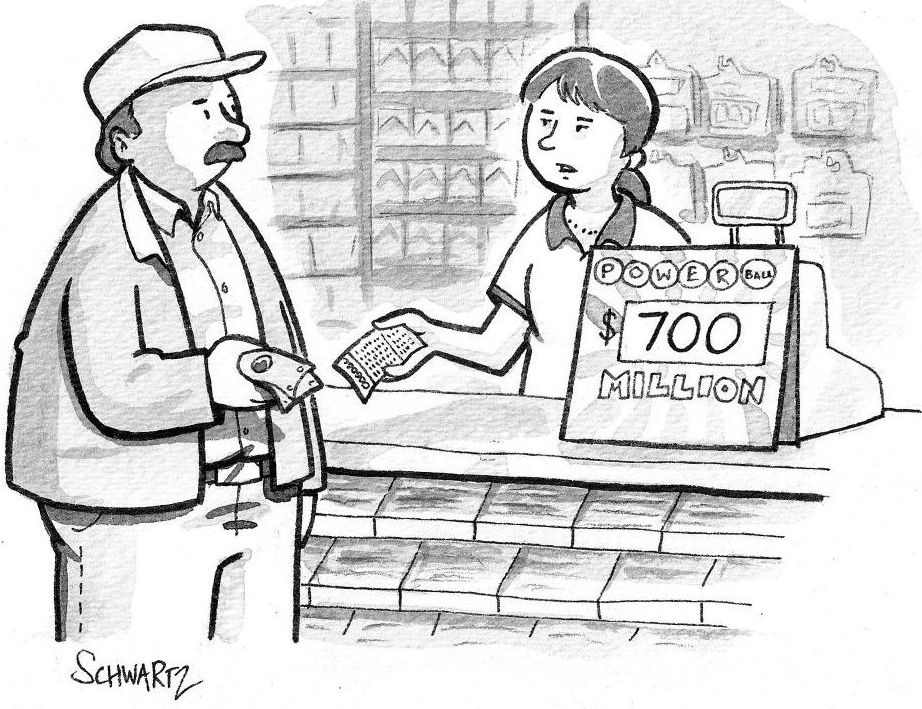The Bernie Sanders win in Michigan is chalked up to his attacks on trade agreements, in particular, the Trans Pacific Partnership that resonated with a broader audience than his attacks on Wall Street. Along the way, Donald Trump has been plowing the same ground, talking about how America is losing jobs to Mexico and Asia.
So the question is, are we seeing a political backlash against trade? Can Sanders or Trump gain sufficient political traction to win with this issue? And can we blame trade for losing jobs to China and elsewhere?
Jared Bernstein in Monday’s New York Times made an excellent point: (emphasis by the Wrongologist)
The economic populism of the presidential campaign has forced the recognition that expanded trade is a double-edged sword. The defense of globalization rests on viewing Americans primarily as consumers, not workers, based on the assumption that we care more about low prices than about low wages.
When you hear politicians speak about free trade, they talk about cheaper products. They sidestep the terrible impact on American jobs, they sidestep the concern that many, many jobs have been lost through free trade agreements. The free trade deals have also exacerbated the loss of union power, which means fewer (and lower paying) jobs, fewer hours, and poorer benefits, including pensions.
The trade topic is obviously a huge driver of Trump’s and Sanders’s appeal. It is a problem for Hillary, since she was for the Trans-Pacific Partnership before she was against it.
Despite being on opposite ends of the political spectrum, the two populists are using the same message: The government, both political parties, and business are working at cross-purposes with the needs of the American people. In a democracy, populism is a warning sign that government has been disconnected from its citizens. Consider that while Americans lost at least 4 million jobs, corporate profits are up, and the 1% has gotten much wealthier.
It’s true that off-shoring is good for the global economy. Chinese people working to make iPads are richer than they were, but it’s not a win-win situation. It’s more of a win-lose, where Chinese workers win relatively big, while American workers lose medium.
Another problem is that workers directly impacted by trade have little power or influence in their firms or the country as a whole. In the US, exports only make up about 13.5% of GDP. But in Sweden, Denmark or Germany, exports are north of 40% percent of GDP. And these countries, with far fewer natural resources, have robust social safety nets in addition to high wages. And as Bernstein says:
The real wage for blue-collar manufacturing workers in the United States is essentially unchanged over the past 35 years, while productivity in the sector is up more than 200%.
Why? Because governments in these other countries stress building high-skill industries that compete based on producing high value-added products, while low-skill industries that compete based on exploiting their employees are discouraged. This is called having an industrial policy, which encourages business to meet government priorities. In America, we are against having industrial policies, because it sounds like socialism.
Bernstein points out that the free trade negotiation process has been captured by investors and corporate interests:
According to the Washington Post, 85% of the members of the outside committees advising the administration on the proposed Trans-Pacific Partnership were from private businesses and trade associations (the rest were from labor unions, NGOs, academics and other levels of government).
And that’s the world we live in. Business is driving most of the decisions that our politicians make, ensuring that whatever is enacted is primarily good for business, and secondarily, if at all, for We, the People.
And in the world we live in, free trade has significantly boosted wages and quality of life for overseas workers and has helped lift millions of Chinese and other Asian citizens out of poverty, while our middle class, a prerequisite for our stable society, has been hollowed out.
Yet, America’s plutocrats and politicians push for even MORE free trade.
The current election cycle may horrify the “political establishment,” of both parties, but it was preordained by their bought-and-paid-for politics.
Americans have a real gripe. They don’t see, or care about the benefits to Chinese and other third world workers that lower or stagnant wages at home help to provide. The Bernie win in Michigan and Trump’s success in the GOP primaries show people are super pissed off.
Our political parties better start coming up with ways to mitigate the trade and wage problem before someone like DonDon actually succeeds in becoming president.


